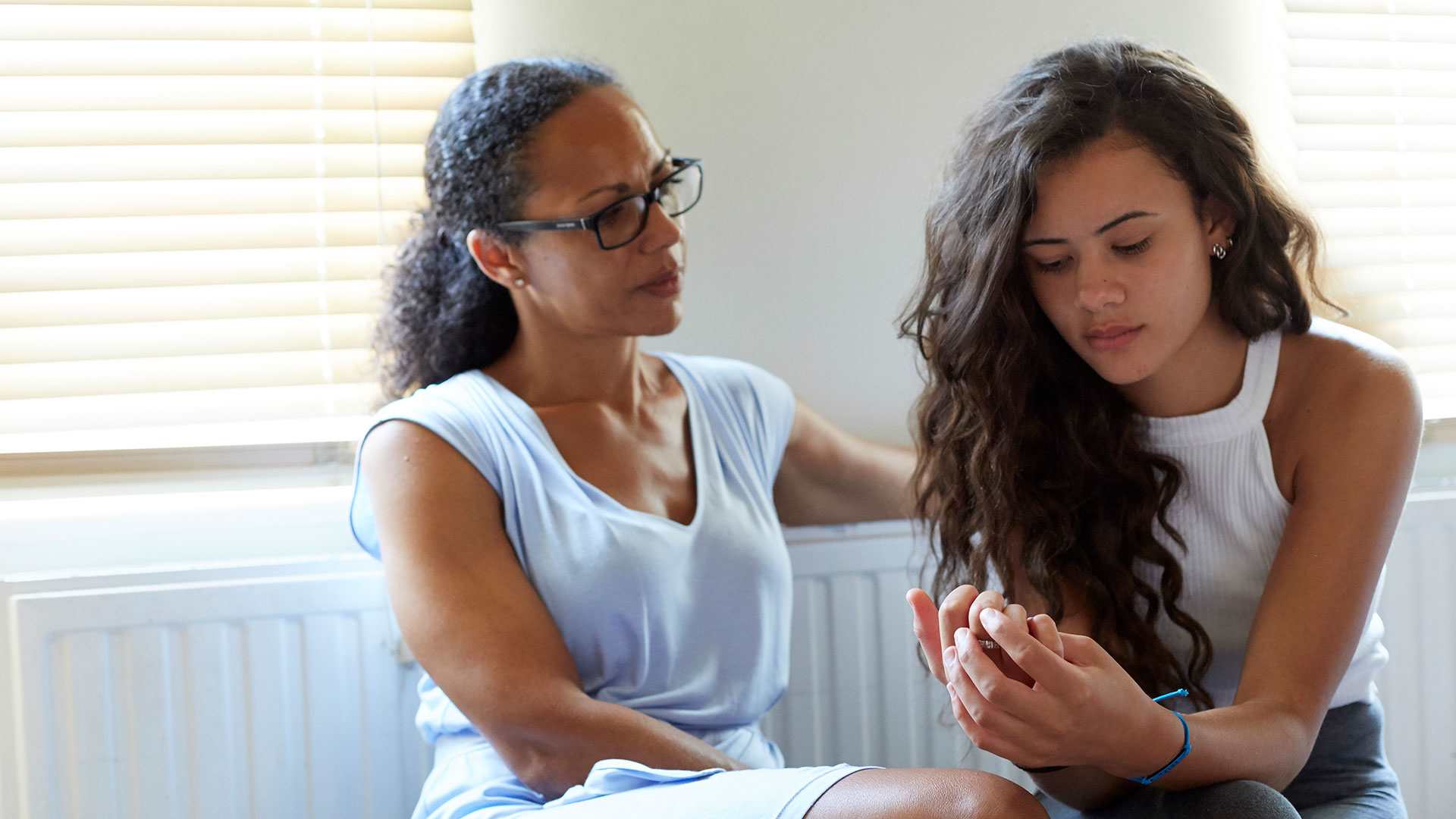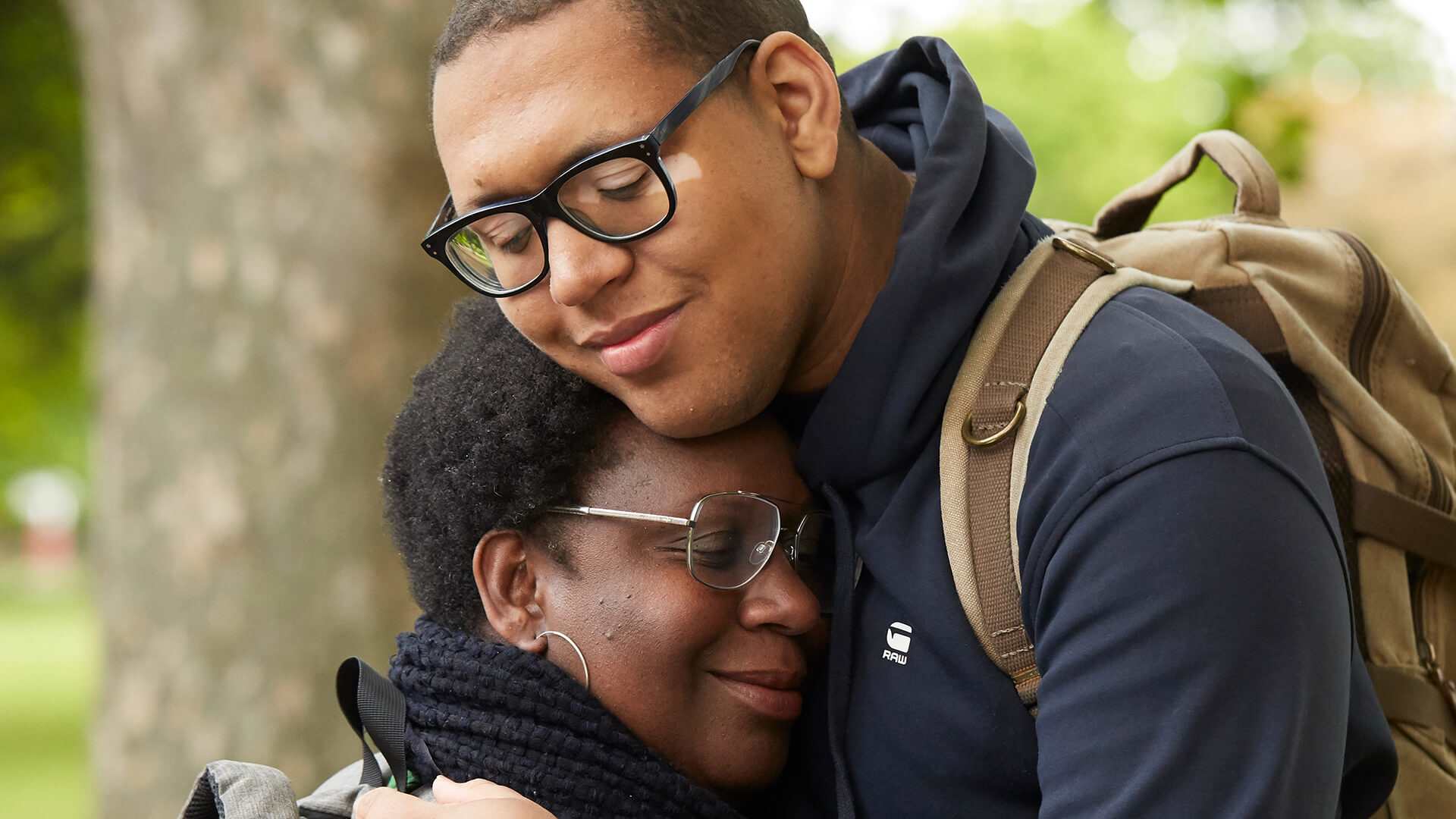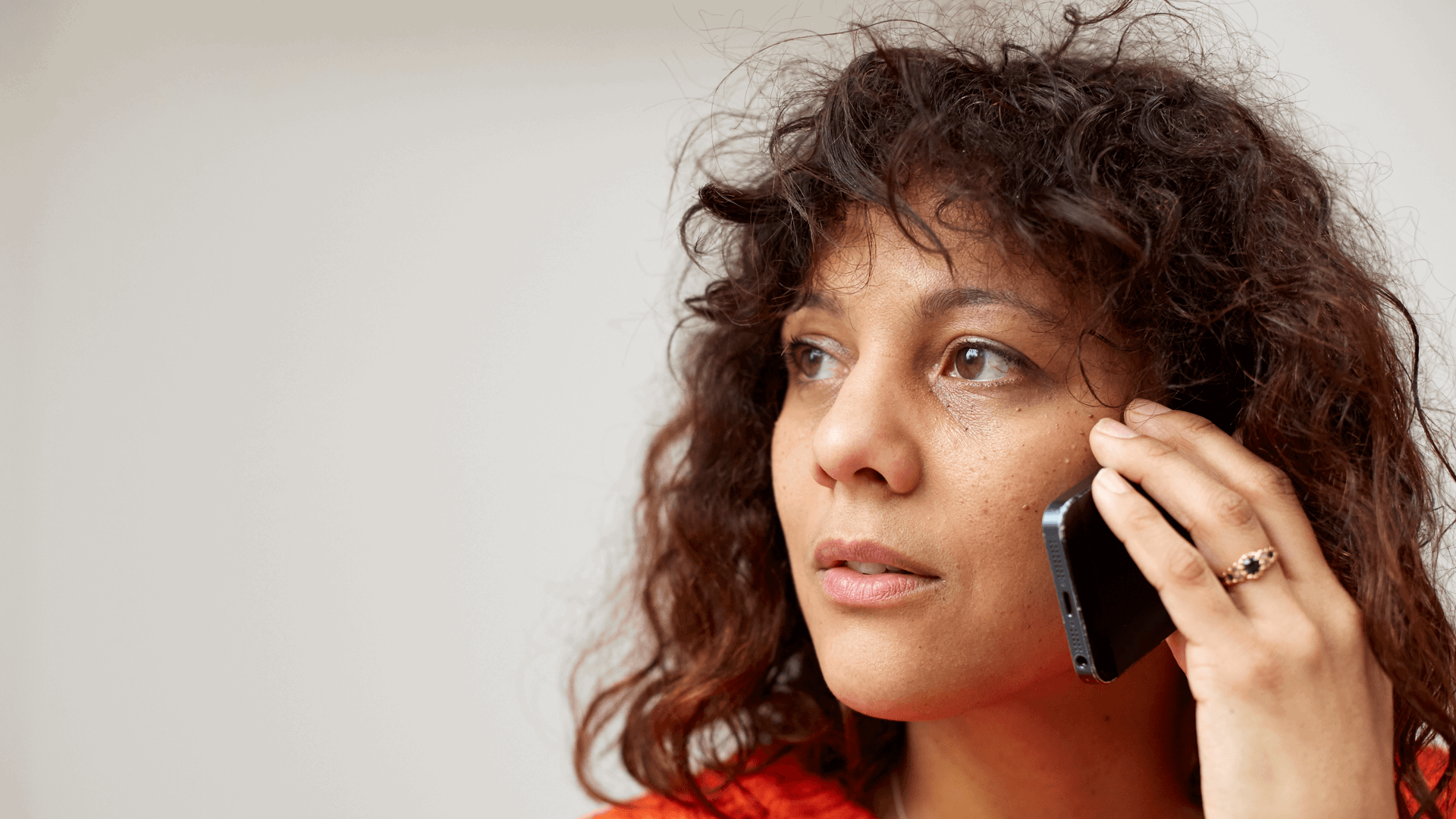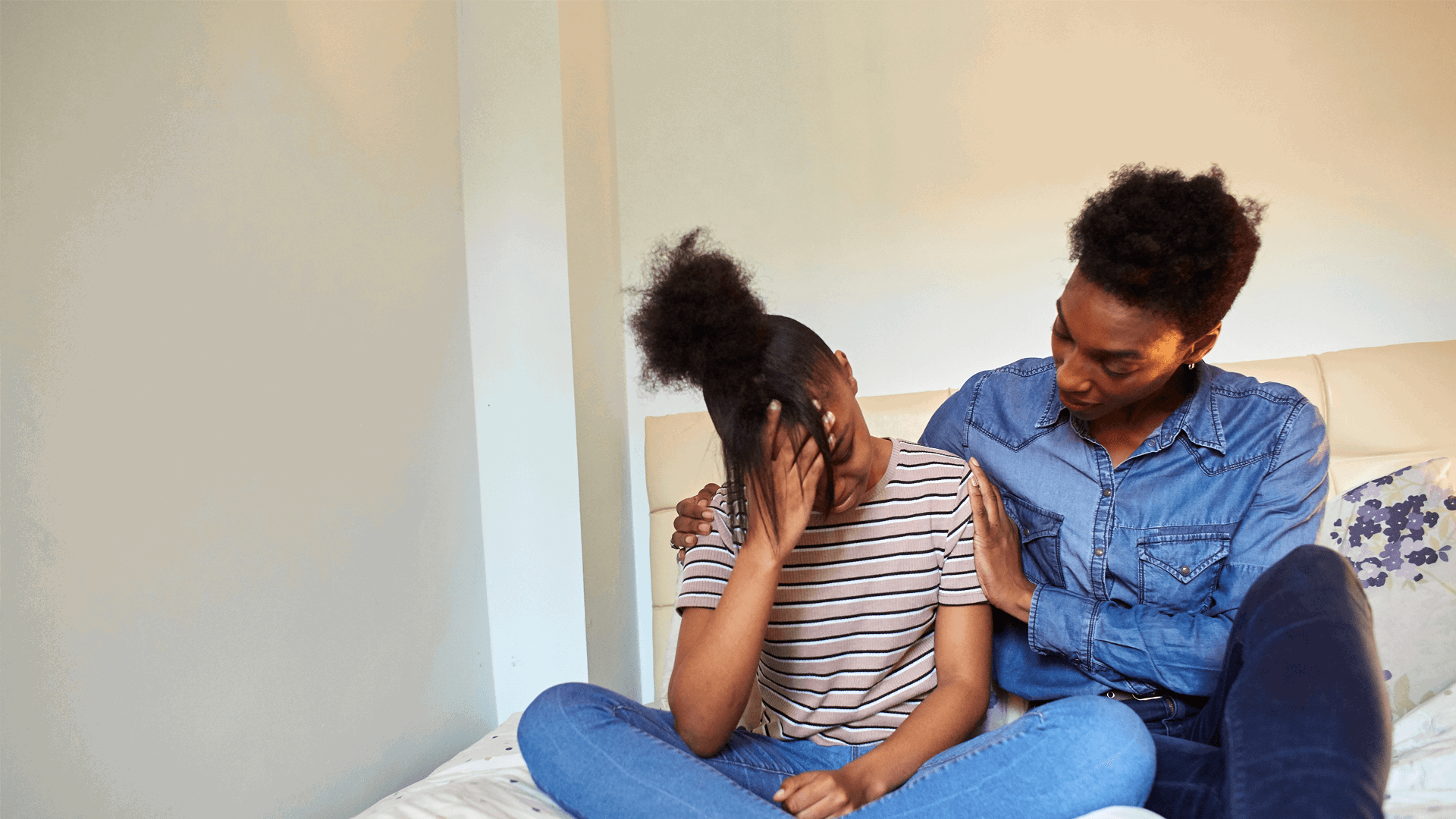Finding out that your child is self-harming can be an incredibly distressing, or even traumatic, experience as a parent. It’s completely normal to struggle with feelings of anxiety, confusion, sadness, anger, frustration, guilt or shame.
Try to take time when you can to check in with yourself, and to think about ways you can take care of yourself as well as your child. Remember that it’s okay to ask for help when you need it, and to share your worries with someone you trust.
Many parents who have been in this situation find it helpful to reach out to other parents so they can talk through how they have handled difficult situations and found support. You may also be able to find a local parent support group using the Charlie Waller Trust directory.
If you need more help, speaking to your GP is a good place to start, and they may be able to refer you to a local support service. Sometimes it helps just having someone there who can listen to what you’re going through – and if you need someone to talk to, you can call the Samaritans anytime on 116 123.



